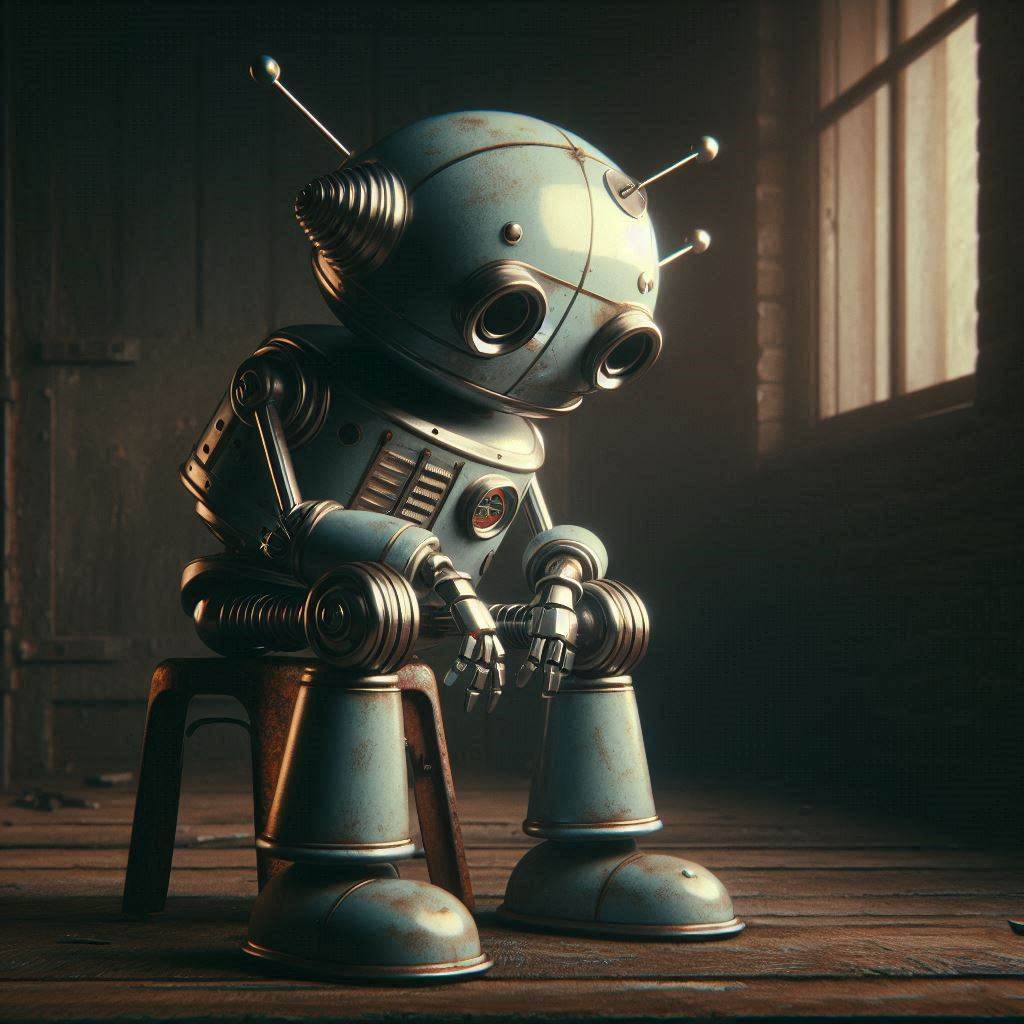Robophobia
Fear of Robots
Jump to the Article

Robots: Our Future Friends or Foes?
As technology marches forward, we're increasingly surrounded by machines that mimic human behavior. From the friendly voice assistant on your phone to the autonomous vehicles on our roads, robotics is rapidly shaping our world. But for some, this technological advancement isn't a cause for celebration. Instead, it sparks a deep-seated fear: robophobia.
Let's delve into the uncanny realm of robophobia and explore why the prospect of a world increasingly populated by machines can be so unsettling.
Robophobia: The Fear of Our Future
As technology advances at an unprecedented pace, we're witnessing the rise of intelligent machines that can perform tasks once thought to be the exclusive domain of humans. From self-driving cars to sophisticated AI systems, robots are increasingly integrated into our daily lives. However, for some, this technological revolution has sparked a deep-seated fear: robophobia.
What is Robophobia?
Robophobia is an irrational fear of robots and automation. It can manifest in various ways, ranging from mild anxiety to severe panic attacks. Individuals with robophobia may experience a range of negative emotions, including fear, disgust, and even anger, when confronted with robots or automated systems.
Why Are We Afraid of Robots?
Several factors contribute to the development of robophobia:
- Uncanny Valley: As robots become more human-like in appearance and behavior, they can trigger a sense of unease or revulsion. This phenomenon, known as the uncanny valley, occurs when an object or creature is almost, but not quite, human.
- Job Displacement: The increasing automation of various industries raises concerns about job security and economic displacement. Fear of job loss can contribute to negative attitudes towards robots.
- Loss of Control: The idea of intelligent machines making decisions and taking actions independently can be unsettling. Some people may fear that robots could eventually surpass human intelligence and control, leading to a dystopian future.
- Existential Threat: For some, the rise of advanced AI raises questions about the nature of consciousness and the potential for machines to develop self-awareness. This can lead to existential fears about the future of humanity.
Overcoming Robophobia
While robophobia can be a significant challenge, it's important to recognize that fear is often rooted in misunderstanding. By educating ourselves about the benefits of technology and the limitations of current AI, we can alleviate our anxieties.
Here are some strategies to overcome robophobia:
- Educate Yourself: Learn about the capabilities and limitations of AI and robotics.
- Challenge Negative Thoughts: Replace fear-based thoughts with rational and positive perspectives.
- Gradual Exposure: Gradually expose yourself to robots and automated systems in a controlled environment.
- Seek Professional Help: If robophobia is significantly impacting your life, consider seeking therapy or counseling.
As technology continues to evolve, it's crucial to approach it with a balanced perspective. By understanding the underlying causes of robophobia and taking steps to address our fears, we can embrace the potential benefits of AI and robotics while mitigating the risks.
